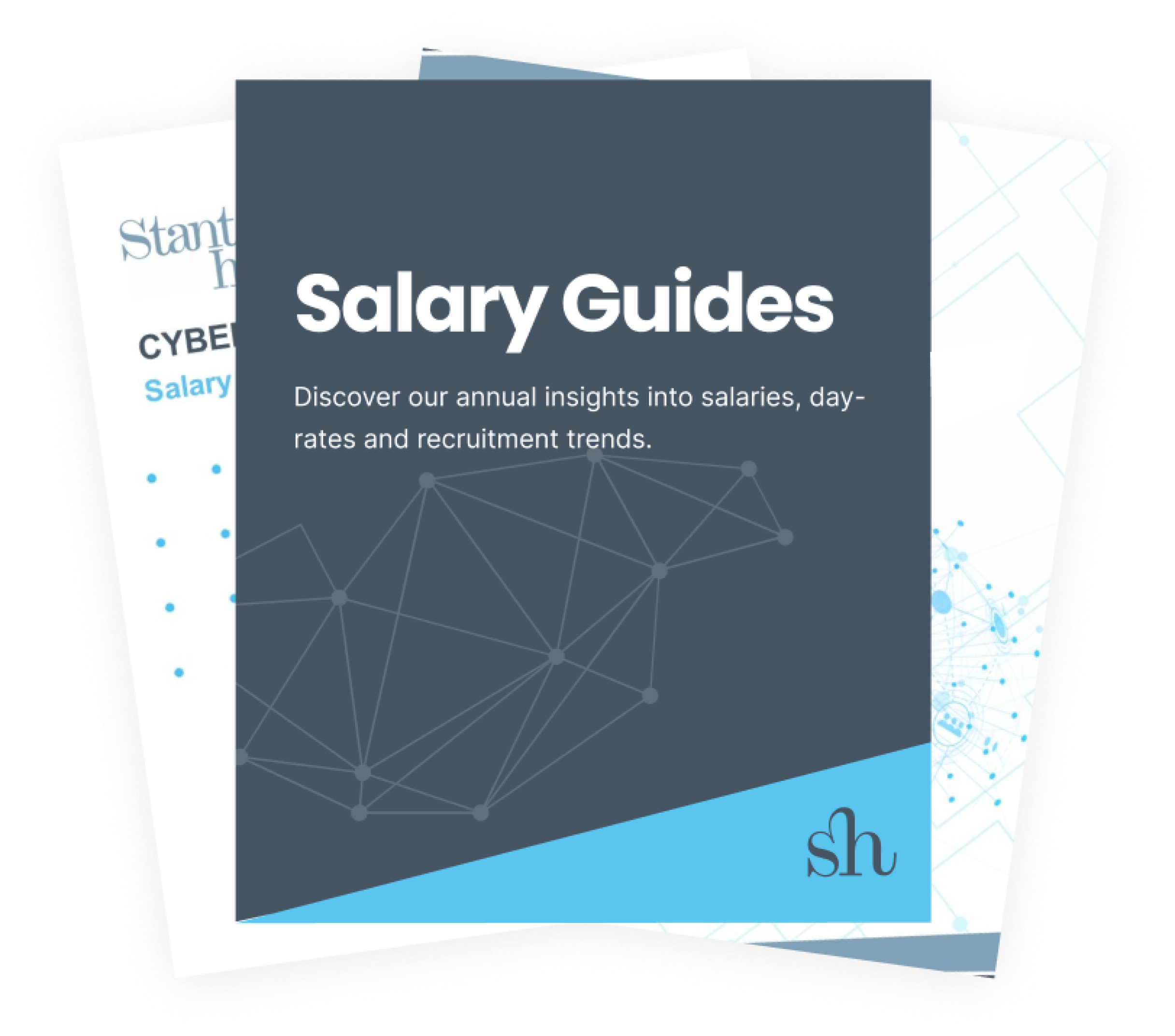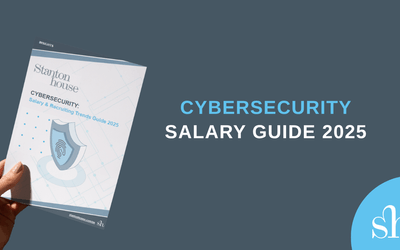
Women in Business Series: Boss, NOT Bossy!
Bossy Vs Confident: How gender Bias is impacting Female Leaders in the workplace
Have you ever noticed that certain words are associated more strongly with different genders? A study shows that when a group of participants were given a set of words and asked to associate them with a type of person - words like ‘assertive’, and ‘dependable’ were associated with males and ‘bossy’ and ‘aggressive’ were associated with females. What might be considered "bossy" in a woman is often considered a strong leadership quality in a man.
There’s a common challenge facing women in leadership roles, from team leaders right up to the C-suite. It’s a classic communication challenge that reveals the unconscious gender bias of workplace language — and it all starts with the word ‘bossy’. Why is it that these behaviours tend to be described differently, depending on whether they’re attributed to men or women?
Being ‘Bossy’ is described in the Oxford English Dictionary as ‘being fond of giving people orders’. However, the earliest citation of the word bossy was within the following sentence from the 1882 Oxford English Dictionary: “There was a lady manager who was dreadfully bossy.” Gendered expectations and stereotypes whether overt or subconscious are ever-present so much so that, the Centre for Inclusive Leadership found that 33% of women and 17% of men reported that they’ve received feedback that they’re “bossy” at work. In other words, women were twice as likely to be branded as bossy in the workplace. Additionally, a recent LinkedIn poll that we posted found that a staggering 85% of women have been labelled as ‘bossy’ in the workplace.
85% of women have been labelled as ‘bossy’ in the workplace.
However, there are no differences in the behaviours displayed by ‘bossy’ women compared to ‘confident’ men – assertiveness, directness, acting with authority, natural leadership etc.
When men express emotions such as anger, it is most often perceived as justifiable, even righteous. But when the same emotion is expressed by a woman, their behaviour is often interpreted as volatile and unhinged and overly emotional. This is especially true for black women, to which press coverage of Serena Williams at the 2018 US Open is a testament.
Additionally, women often excuse themselves when displaying stereotypically male behaviours to avoid being labelled as bossy. For example, starting/ending sentences with ‘just’, ‘probably’, ‘does that make sense?’, ‘sorry’ etc. But why? Why are women having to change the way they speak? And why is it that in 2022, we are still associating the word bossy with powerful male leaders and bad-tempered, controlling, aggressive women? The key issue is the way we and society perceive behaviours in the context of gender.
Why is it that in 2022, we are still associating the word bossy with powerful male leaders and bad-tempered, controlling, aggressive women?
Now, whilst I could happily unpick years of societal issues, the patriarchy and subconscious thoughts to answer the ‘why’, I’d like to focus on what we can and are doing to overcome this rather unfair stereotype. We are currently on a journey to making Stanton House a truly inclusive workplace; part of that is breaking down gender biases. Here are some steps you can take to tackle gender bias within your workplace:
Create a Safe Space
At Stanton House, we recently created the Women in Business Forum. This is a fun bi-monthly lunchtime session where our employees can get together and discuss topics which are exclusive to women in the workplace. Sessions so far have included, family planning, career progression for women and of course our Bossy VS Confident session. As well as creating a safe forum for discussion, ensure that your workforce feels supported by both male and female leaders and that you foster a workplace culture where employees feel safe to be who they are without judgement.
Don't reinforce stereotypes
For our first session, we watched a super enlightening video from Tabatha Coffey where she playfully says, ‘I am Tabatha Coffey and I am a bitch’. Tabatha says that a huge part of the problem is not men but in fact women reinforcing these toxic stereotypes and not fully supporting other women, playing into that stereotype and tearing our female colleagues down. We often see a trend of women not supporting other women in the workplace and we refer to this as Queen Bee syndrome. This relates to women in authority or power who treat subordinate females worse than males purely because of their gender.
Educate yourself and your team on ‘Gender Bias’
As we’ve seen, anyone can subconsciously reinforce toxic gender stereotypes. Take a step back and check your biases, why are you labelling a woman as bossy and a man as assertive? Gendered expectations and stereotypes whether overt or subconscious are ever-present. Behaviour is so strongly interpreted in the context of gender as we have seen, so ensuring your entire workforce is educated on the issue is key. Encourage open discussions and receive feedback with open arms.
The first step to overcoming these gender biases starts with us. If we can acknowledge and recognise them in the workplace it is easier to call them out in the first place. By educating ourselves and changing our own behaviours we will be able to forge a path for women of the future. If you lead a team, ensure that women in your team feel safe to be their authentic selves. Ensure you and your team feel empowered to achieve the impossible, let’s take the word ‘bossy’ and rebrand it into ‘boss bitch’.
*For the purpose of this article, the gender binary is used. However, while the experiences of non-binary gender identities are not covered, their experience is of equal importance and is an interesting angle for us to discuss in the future.



















